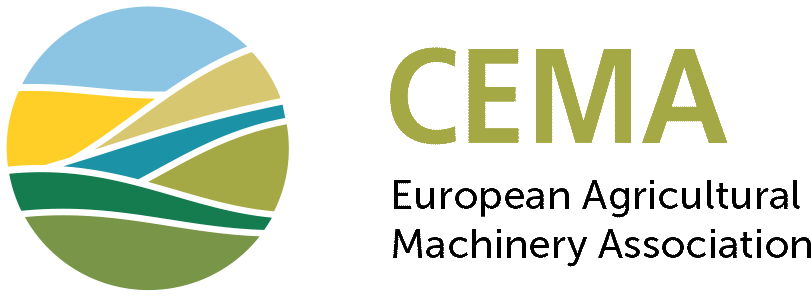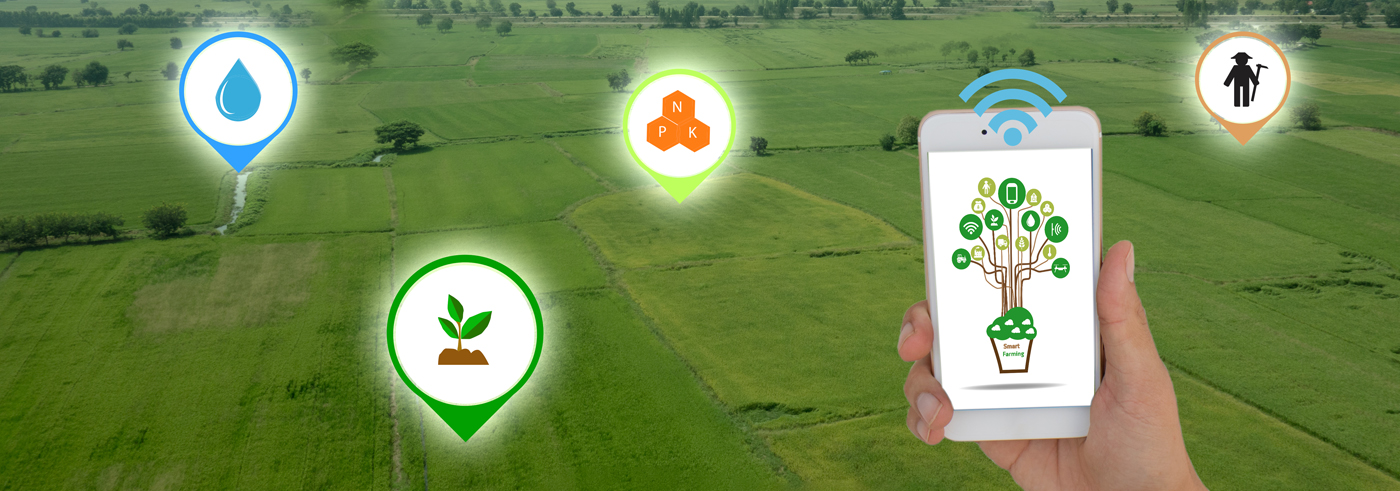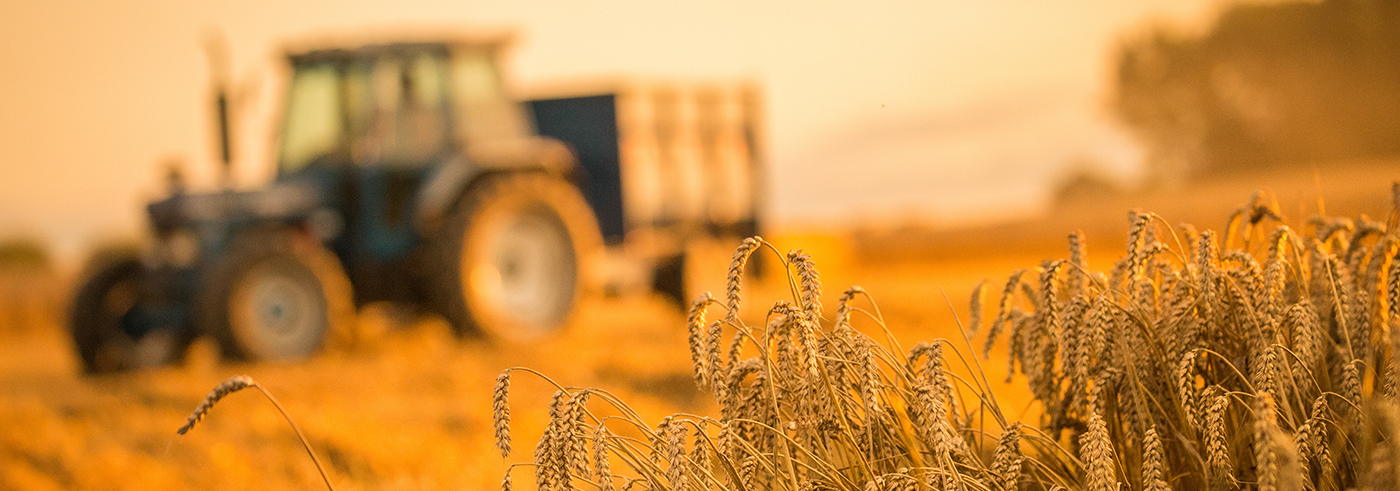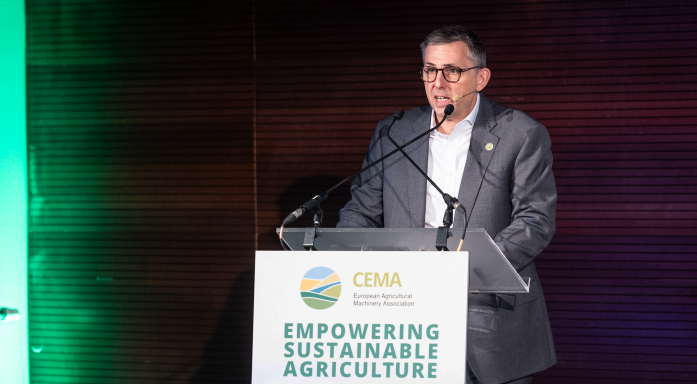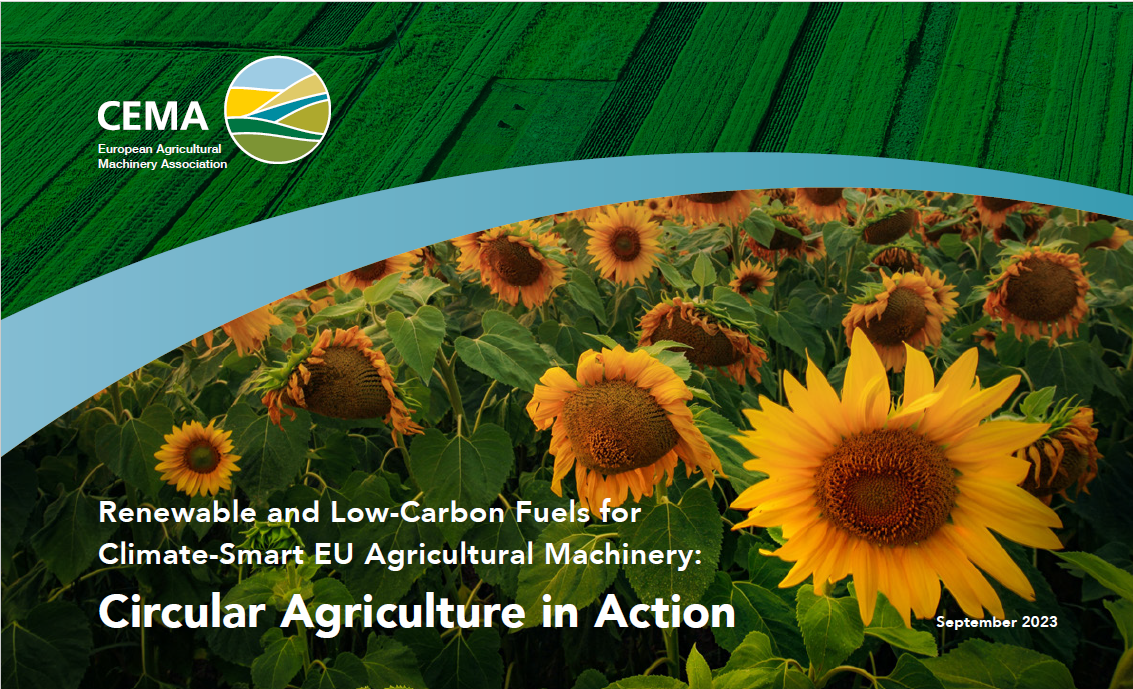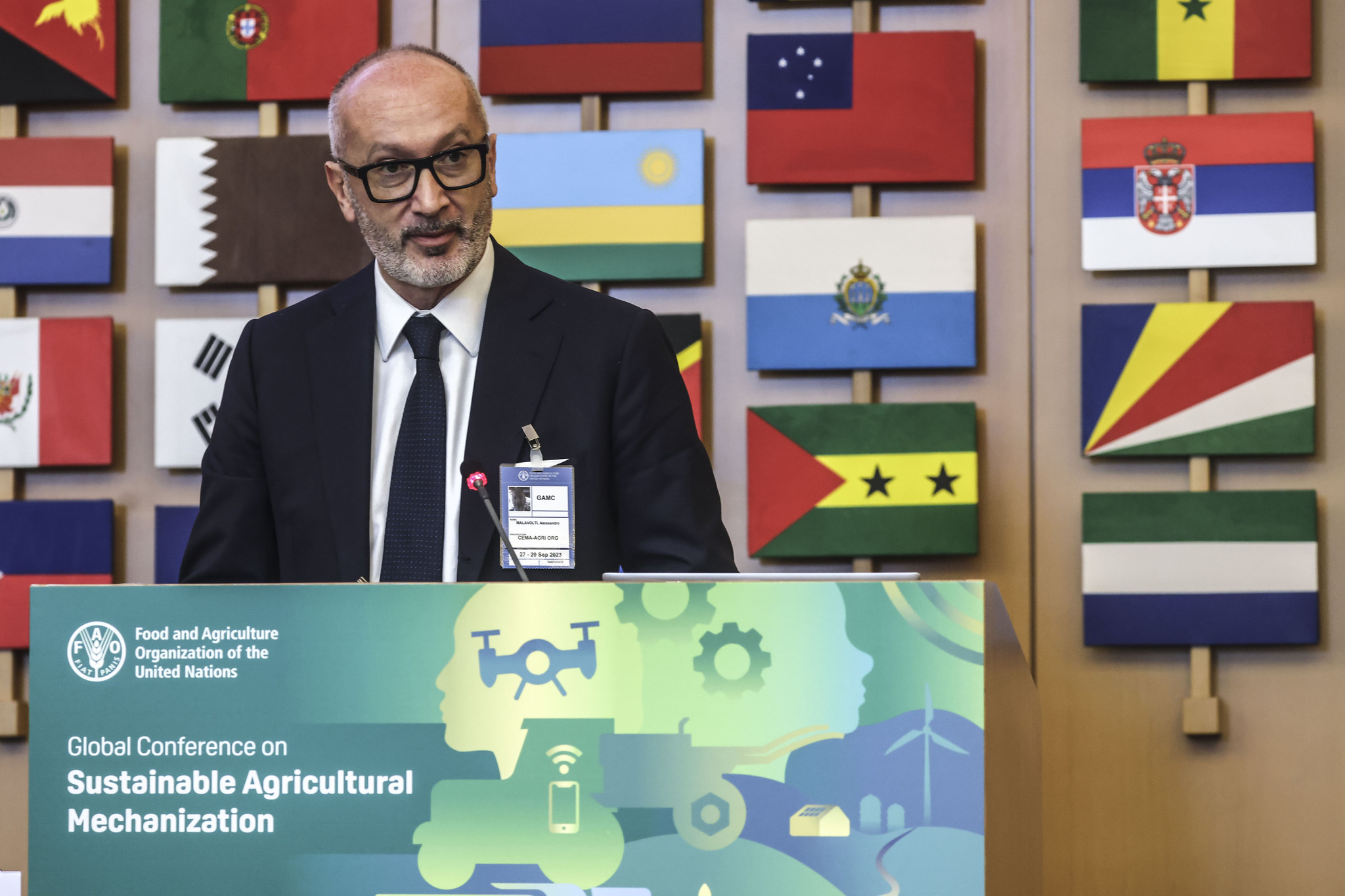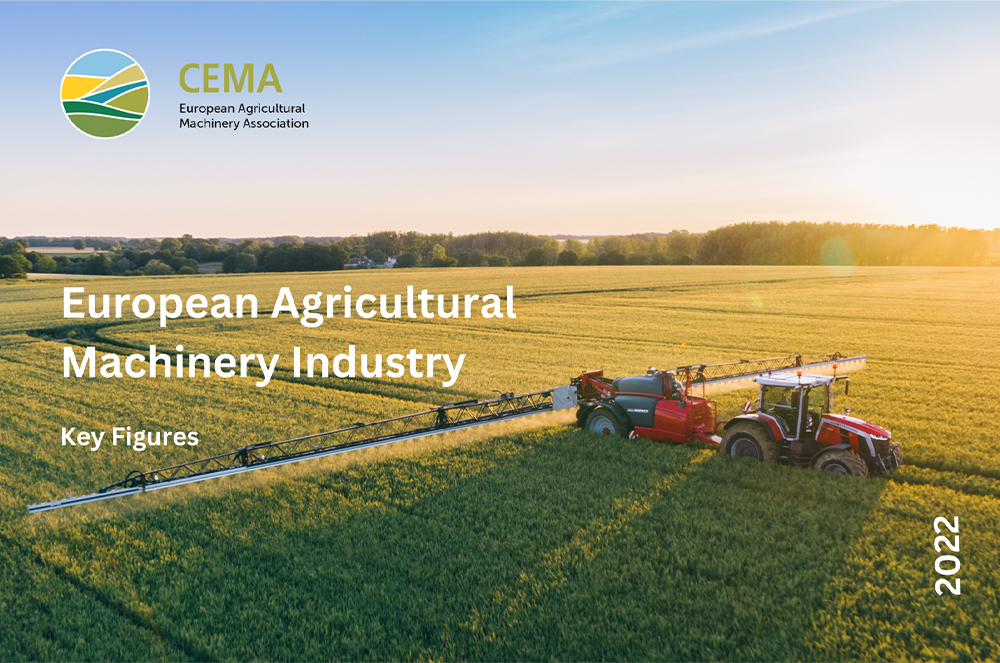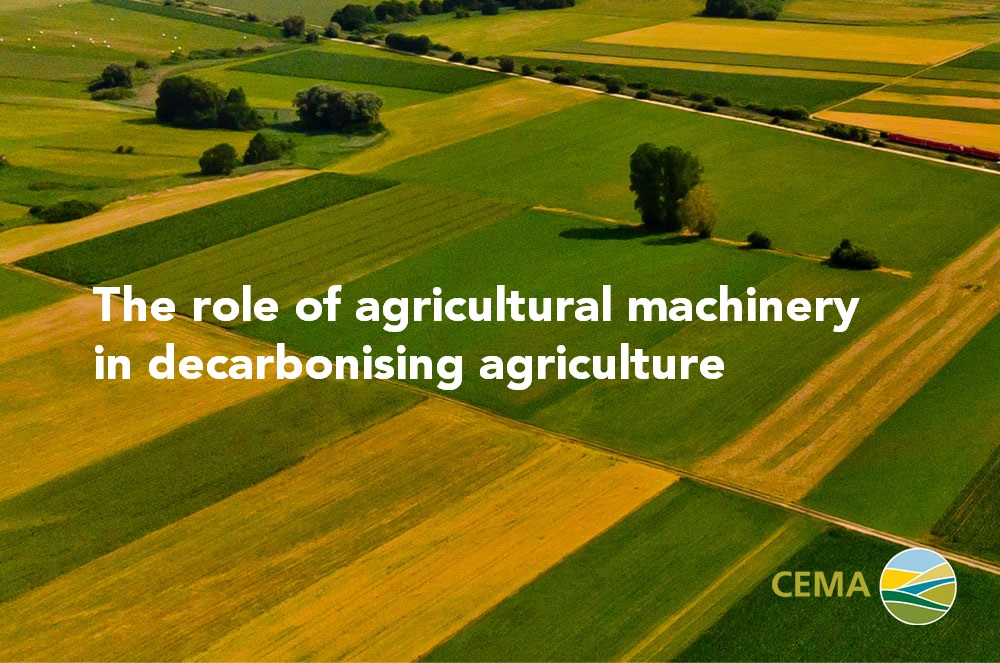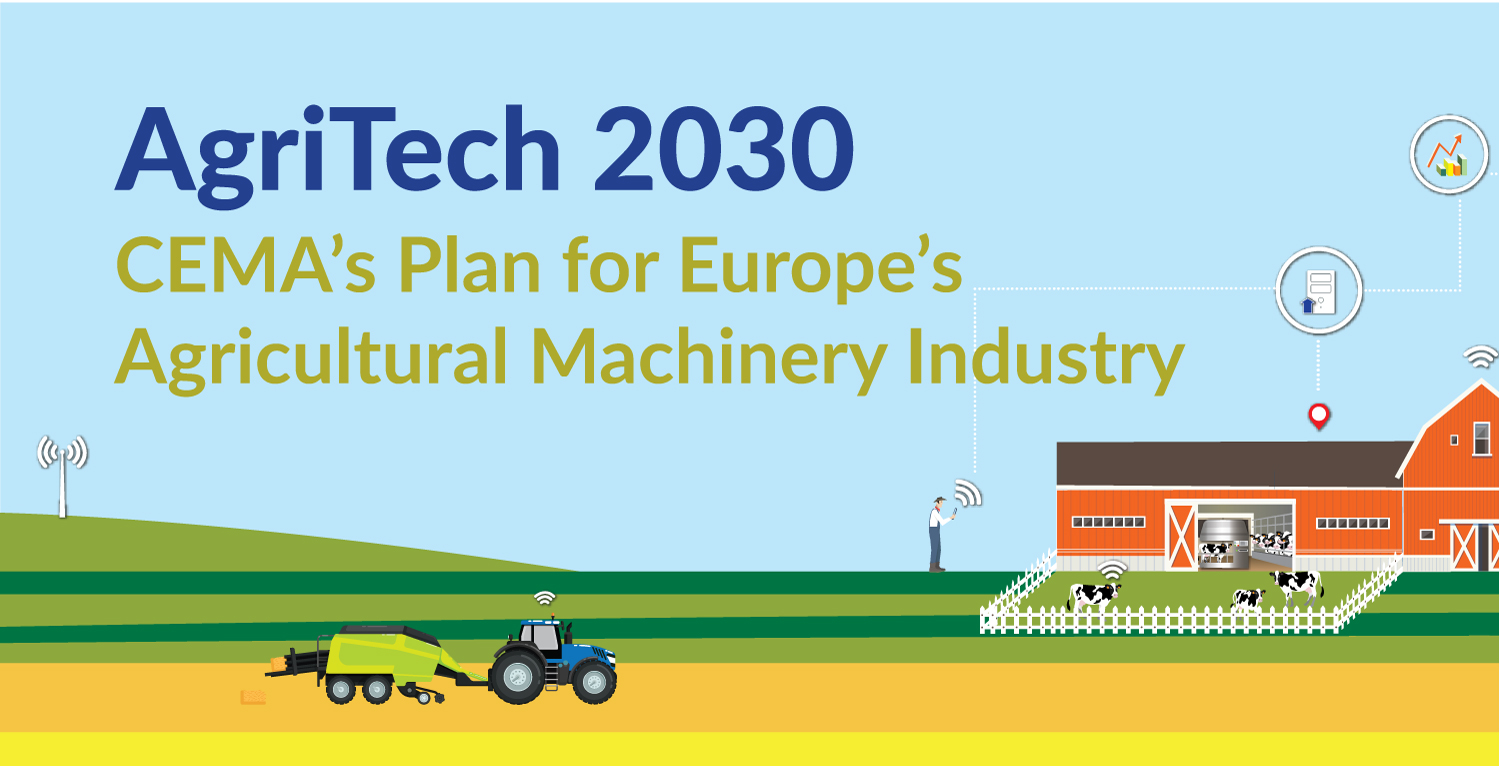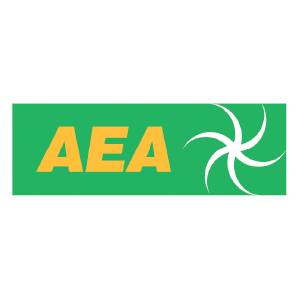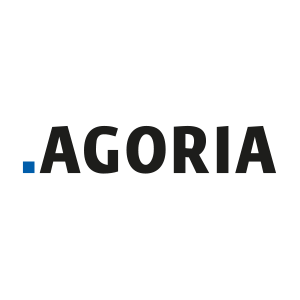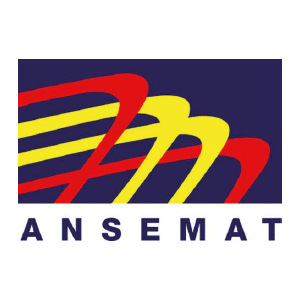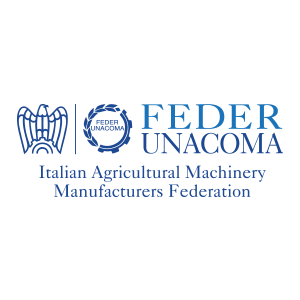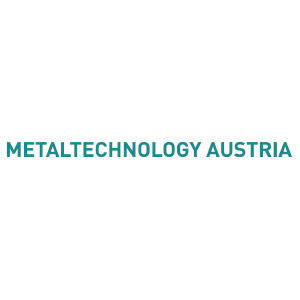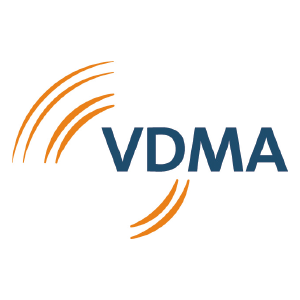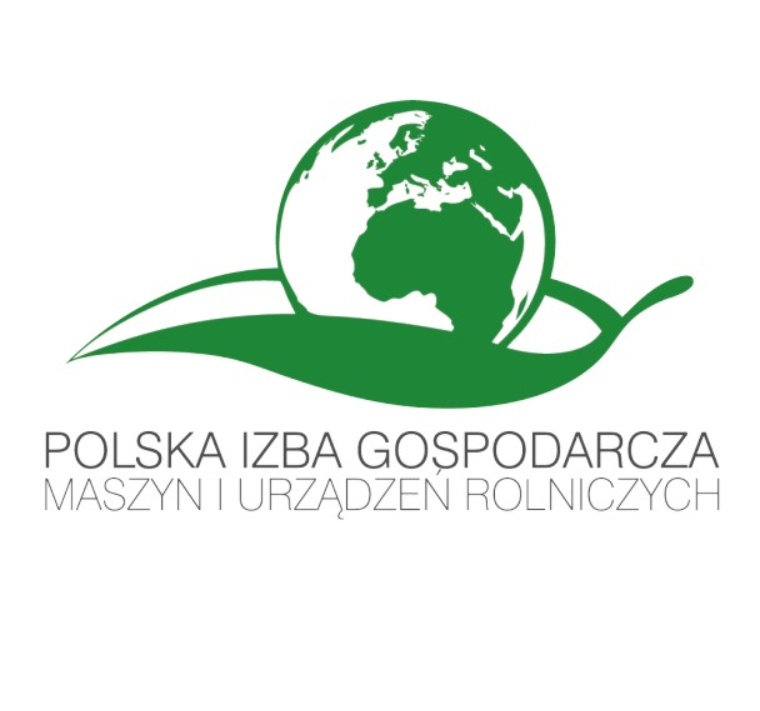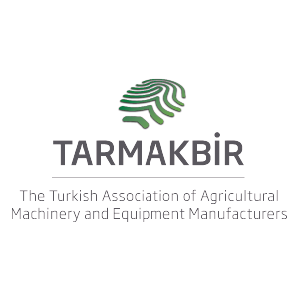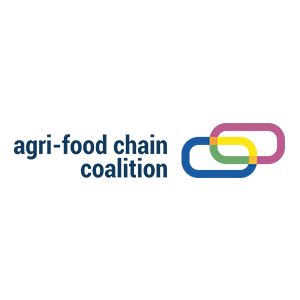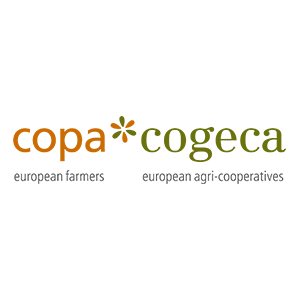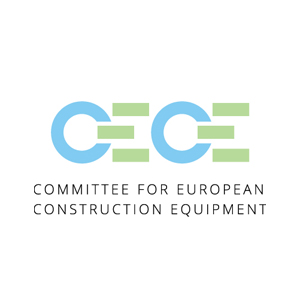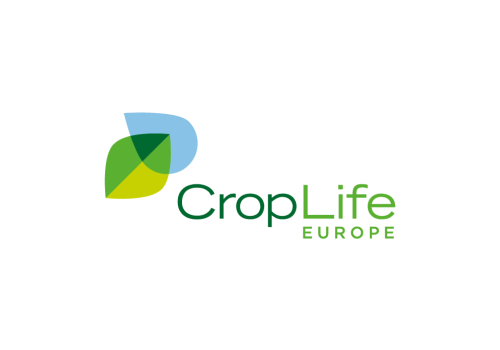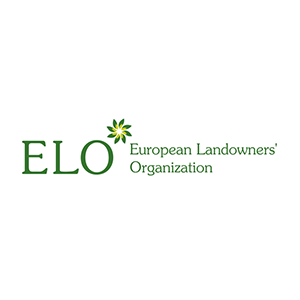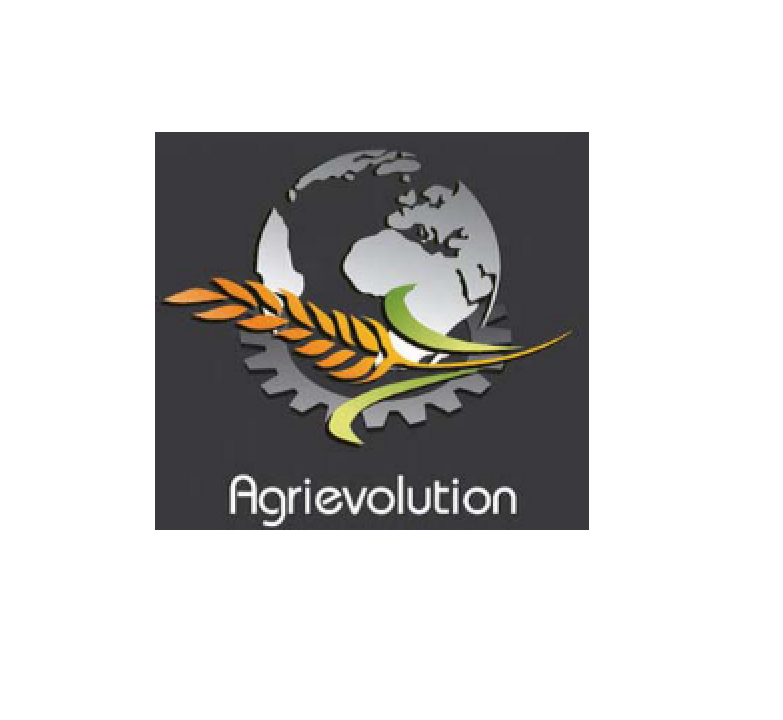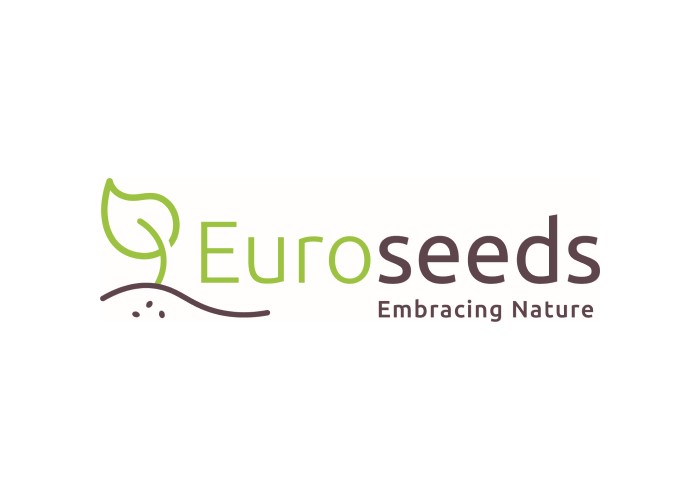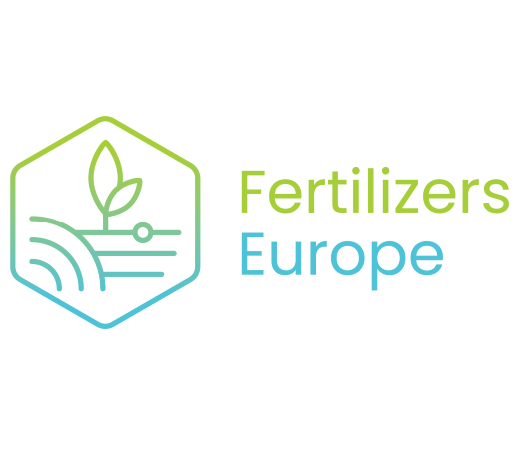
Virtual CEMA Summit 2021 - Technical Forum
SPEAKERS
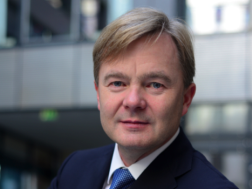 |
Thomas Lorf, CLAAS Thomas Lorf was born in 1959 in East Germany, he is married with three children. He graduated in Agricultural Machine Engineering at Humboldt University in Berlin and then became technical assistant there. He was promoted in 1989. In 1990 he started at CLAAS as a trainee within the frame of technical training program and from 1991 on occupied several positions like Plant Planner, Assembly Industrial Engineer for Combine Harvesters, Industrial Director, Director of CLAAS subsidiary in Hungaria (400 people). Then in 2002 Thomas Lorf joined Körber Ag as General Director in Leipzig. In 2005 he was appointed General Director at CLAAS Fertigungstechnik, then General Director at CLAAS Industrietechnik. In 2018 he joined CLAAS Tractor in Velizy as Chief Operating Officer where he has still been working today. From 2009 to 2016 Thomas Lorf was also member of the Board Güdel AG in Switzerland. In October 2020 he was appointed Chairman of the CEMA Technical Board.
|
|
Joost Vantomme, ACEA Joost Vantomme is the Smart Mobility Director of the European Automobile Manufacturers’ Association (ACEA), which represents the 16 major Europe-based car, van, truck and bus manufacturers. Joost is Chair of the Strategy Committee of ERTICO-ITS Europe as well as member of its Supervisory Board. He serves also as member of the Board of the European Mobility as a Service Alliance (MaaS). Furthermore, Joost was selected as member of various Commission Expert Groups, among which the Expert Group on B2G data sharing. Joost has 30 years’ experience in legal, regulatory and public affairs. He served as legal and regulatory affairs director in the telecommunications, postal, logistics and automotive sector. He had leading policy making roles in European associations such as PostEurop and FEDMA, as well as at the UN level (UPU). Joost has also been a member of the Cabinet of the Belgian Minister of Economy and director at Hill+Knowlton Strategies, an EU consultancy firm. As a frequent speaker at conferences and author of papers, he engages with stakeholders on European and international policy issues in a digital agenda context. Joost holds a Master Degree in Economic Business Law, a Master’s Degree in law and a Diploma in Teaching Law (Universities of Leuven, Poitiers and Louvain). He is fluent in Dutch, French, English and German. |
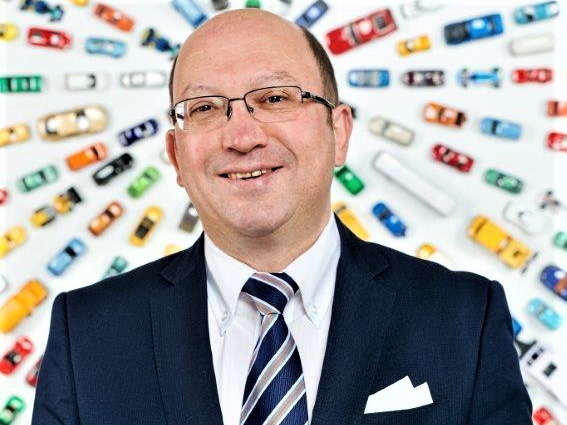 |
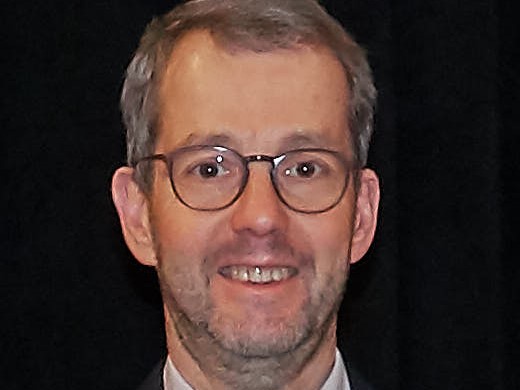 |
Norbert Schlingmann, AEF Since May 2016 Norbert Schlingmann is the General Manager of the Agricultural Industry Electronics Foundation AEF e.V. Previously and for almost 20 years Schlingmann worked for the German agricultural machinery manufacturer CLAAS being Head of Electronic Department his last position within the company. Earlier he worked at the Development of power supply systems for railway systems in AEG. Mr Schlingmann is a degreed engineer in Electrical Engineering from the University of Applied Science in Bielefeld (Germany). |
|
Stefan Stiene, DFKI Dr. Stefan Stiene holds a PhD in computer science from the University of Osnabrück. He received his Master of science and computer science from the same institution in 2006. After receiving his PhD in 2009 he worked for ROSEN Technology and Research Center GmbH developing intelligent inspection systems for gas and oil pipelines. In 2011 he joined the DFKI Robotics Research Group as a senior researcher and team leader of the planning and perception team. Since its founding in 2016 he is director of the DFKI Competence Center Smart Agriculture Technologies. His research background is navigation of autonomous mobile robots and 3D data processing. Since 2020 he is coordinator of the agriculture domain in the German GAIA-X hub and leads the AI-platform project Agri-Gaia. |
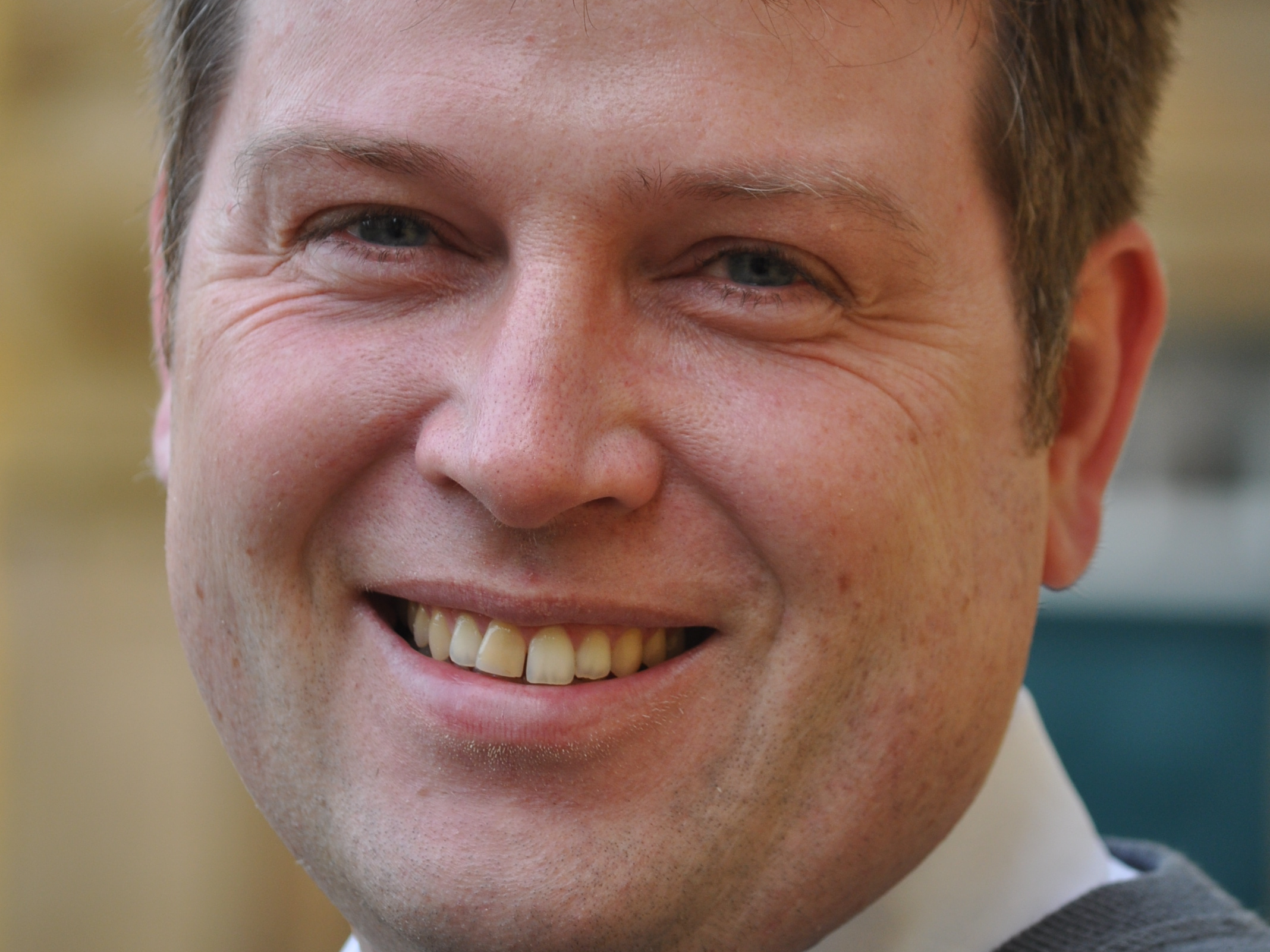 |
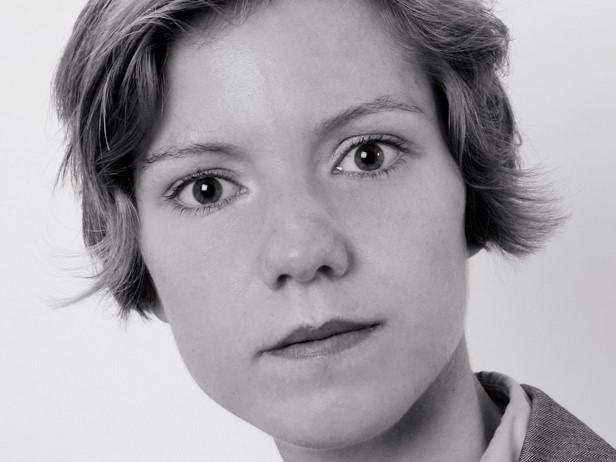 |
Doris Marquardt, DG Agri - European Commission Dr. Doris Marquardt, European Commission, Directorate-General for Agriculture and Rural Development, Unit B2, Research and Innovation Dr. Doris Marquardt works for the European Commission, in the Directorate-General for Agriculture and Rural Development since July 2019 focussing on the digitalisation of the agricultural sector and rural areas and at Research and Innovation. She completed her PhD in agricultural policies at the Martin-Luther University, Halle-Wittenberg, Germany and holds a diploma (Msc) in Environmental Planning from the Technical University of Munich, Weihenstephan. She held positions at the European Environment Agency, the German Permanent Representation, the German Federal Ministry of Food and Agriculture, the European Network for Rural Development Contact Point, the Germany-based Leibniz Institute for Agricultural Development in Central and Eastern Europe, the Center of Rural Economy in Newcastle, United Kingdom, and the European Academy in Bolzano, Italy. She has experiences in the implementation of the Common Agricultural Policy in several EU Member States, including Romania, Italy and Germany. She served as expert in policy design, agriculture, and rural and regional development in the wider European region in projects commissioned by, e.g. the World Bank, UNEP and FAO. |
|
Cedric Seguineau Cédric Seguineau, PhD, is HSQE Officer at Naïo Technologies, a SME designing and producing Agricultural Autonomous Machines. He is involved in Naïo’s CSR, especially by working on the impact of Agbots developed by Naïo. He has developed an expertise in Safety and Robotics, and leads the Autonomy and Safety Naïo’s roadmap. He is also engaged in RobAgri, the French association representing Agricultural Robotics, where he leads a working group on Safety of autonomous equipment and another group on their eco-efficiency. He is the current chairman of the CEMA PT4, about Safety of Autonomous Functions. |
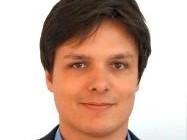 |
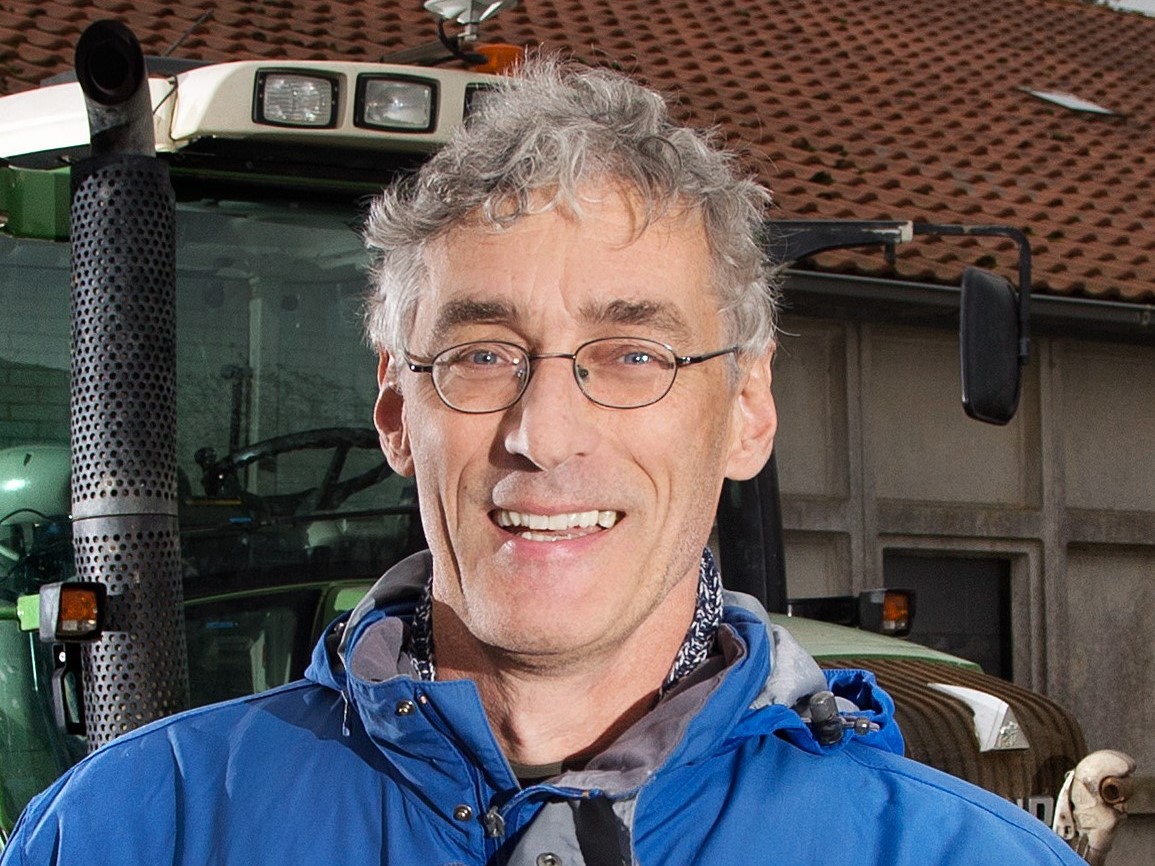 |
Wijnand Sukkel, Wageningen University Scientist at Wageningen-University and Research centre: Agro-ecology/Soil Management/ Crop diversity & technology. Creative and innovative applied researcher in sustainable agriculture. He wishes to contribute to the sustainable development of agriculture in such a way that also on the long term we can still produce food. This in combination with other ecosystem services like maintaining biodiversity and water management. His work combines sustainability on different scales: field, farm and total food chain with a focus on soil management, climate change adaptation & biodiversity. He is also involved in main projects related to the Farm of the Future, water management and Crop diversity & technology. |
|
Patrick Noack, Hochschule Weihenstephan-Triesdorf University Patrick Noack studied Agricultural Sciences at the TU Munich-Weihenstephan from 1991 to 1997. In 1997 he started working for an SME as a software developer following several positions in sales, product management, project management leading different research projects. Since 2013 he is teaching in the realm of Agricultural System Technology at the University of Applied Science Weihenstephan-Triesdorf. He acts as a study dean for the degree course Agricultural Technology and is head of the Competence Center of Digital Agriculture (KoDA). His focus lies on software and electronics (Smart Farming). |
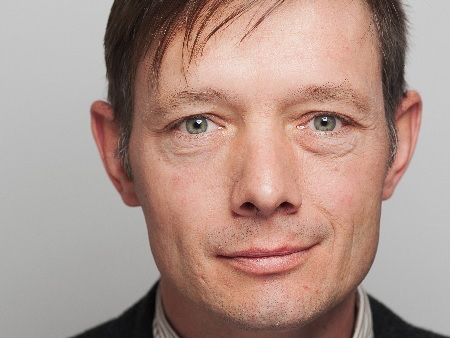 |
